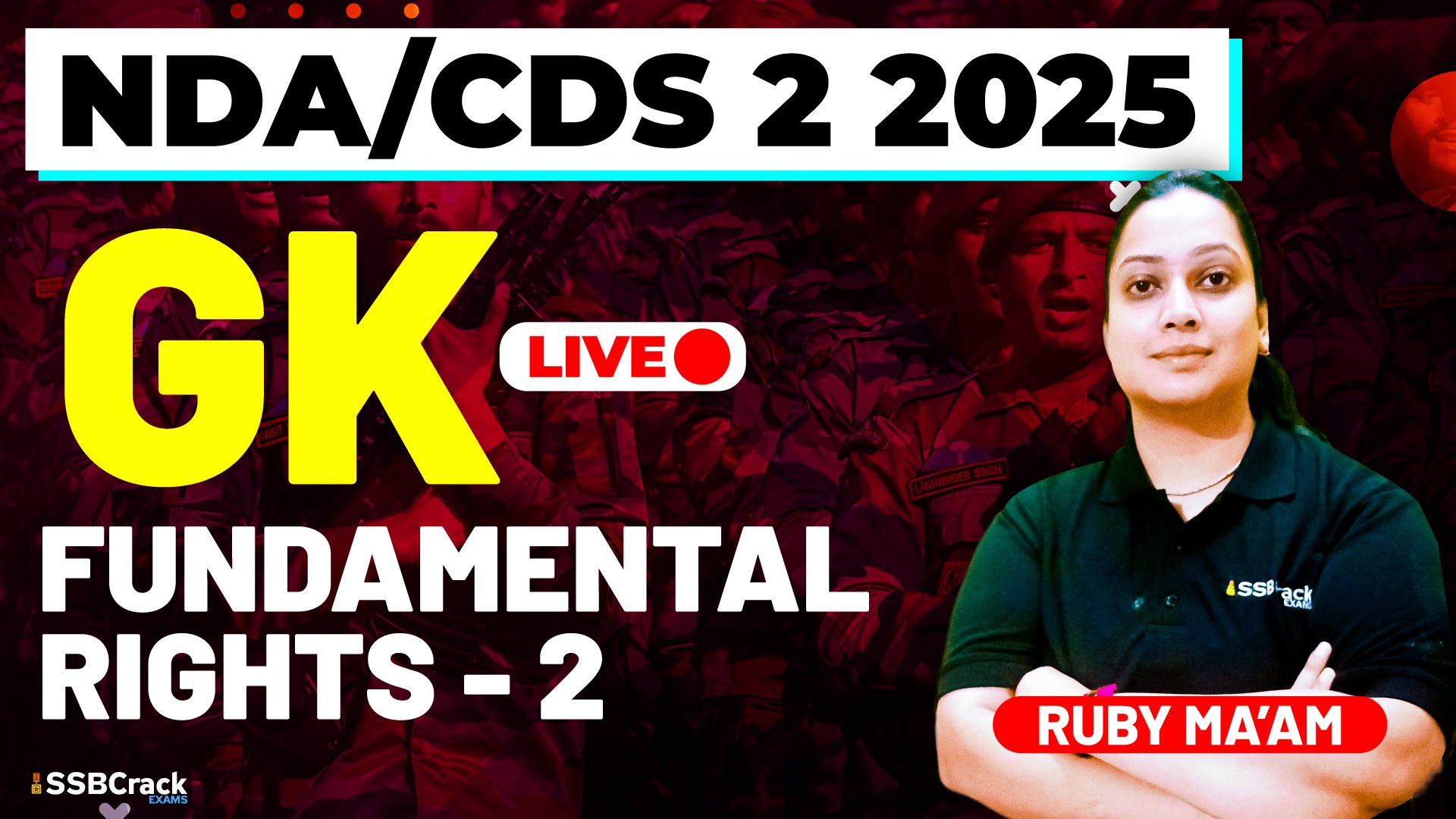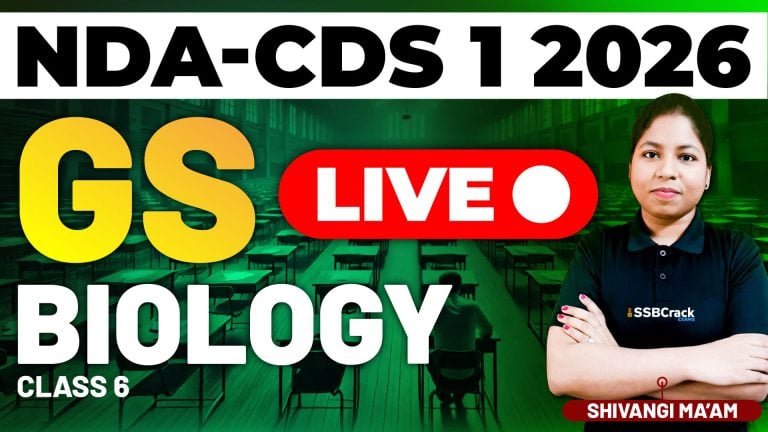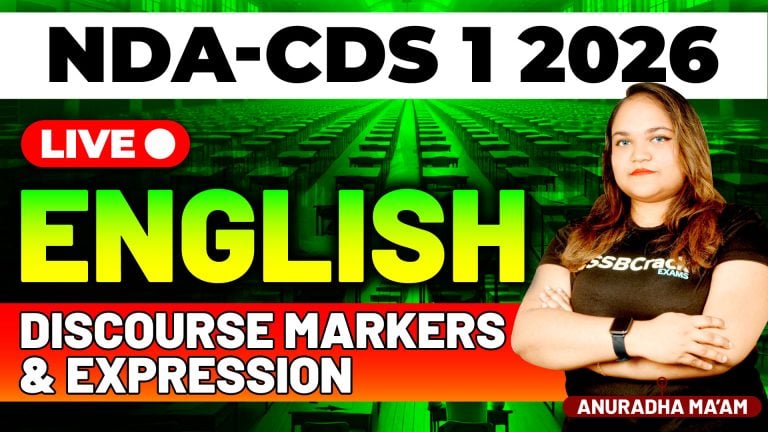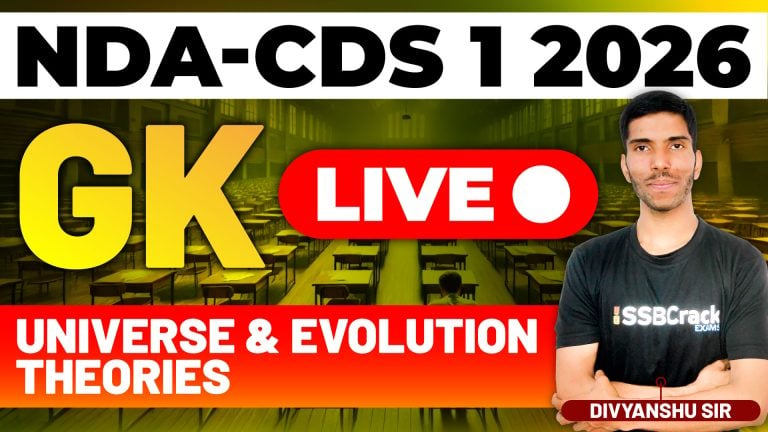India’s democratic framework stands on the pillars laid by the Constitution, and among its most essential features are the Fundamental Rights enshrined in Part III of the Constitution (Articles 12 to 35). For aspirants preparing for NDA (National Defence Academy) and CDS (Combined Defence Services) exams, understanding Fundamental Rights is not just about clearing the paper—it is about internalizing the values they represent, especially for those who aspire to serve and protect the nation.
Why Fundamental Rights Matter in Exams
1. Core Part of the Syllabus
In both NDA and CDS exams, Polity is a crucial subject under General Knowledge. Fundamental Rights often form the basis of multiple-choice questions. These include:
- Direct questions on specific rights (e.g., Right to Equality, Article 14)
- Match-the-following questions on Articles and rights
- Situational questions that test your understanding of the application of rights
A strong grip on these can help maximize your score in the General Studies paper.
2. Helps in SSB Interviews
During the SSB (Services Selection Board) interview process, candidates are evaluated not only on intellect but also on value systems and judgment. Knowledge of Fundamental Rights reflects a candidate’s awareness of democratic values, citizenship ethics, and national integrity—qualities vital for an officer in the armed forces.
Key Fundamental Rights You Must Know
- Right to Equality (Articles 14–18)
Includes equality before law, prohibition of discrimination, and abolition of untouchability. - Right to Freedom (Articles 19–22)
Covers freedom of speech, movement, association, and protection of life and personal liberty. - Right Against Exploitation (Articles 23–24)
Prohibits human trafficking, forced labor, and child labor. - Right to Freedom of Religion (Articles 25–28)
Ensures freedom to profess, practice, and propagate religion. - Cultural and Educational Rights (Articles 29–30)
Protects rights of minorities to conserve culture and establish educational institutions. - Right to Constitutional Remedies (Article 32)
Called the “heart and soul of the Constitution” by Dr. B.R. Ambedkar, this empowers citizens to approach the Supreme Court if their rights are violated.







